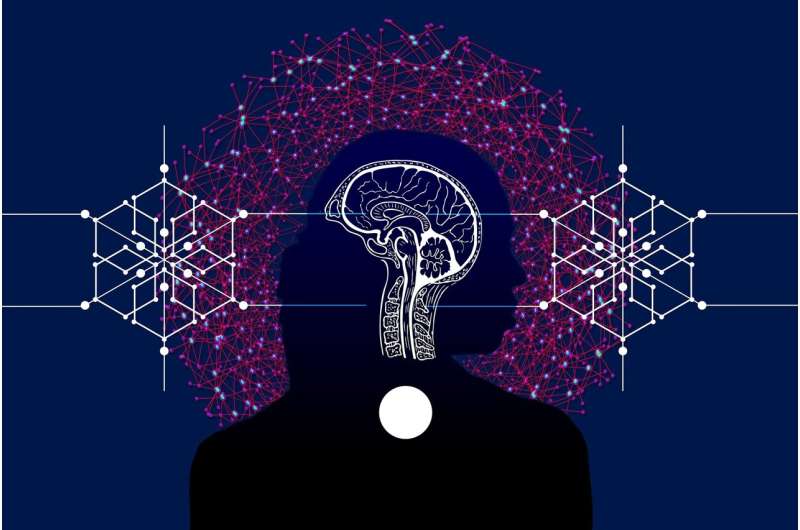This article has been reviewed according to Science X's editorial process and policies. Editors have highlighted the following attributes while ensuring the content's credibility:
fact-checked
peer-reviewed publication
trusted source
proofread
Study identifies changes in the brain responsible for motor skill learning

A new study led by Cedars-Sinai investigators identified a marker in the brain that controls the ability to reach and grasp, a fundamental fine motor skill that is often impaired in motor or neural injuries such as a stroke.
The findings, published in the journal eNeuro, provide insight into the neural mechanisms of motor skill learning that can help lead to more effective brain-stimulation therapies for patients experiencing motor disability after a stroke.
"One of the main complaints from stroke patients is that they cannot complete the grasping action," said Tanuj Gulati, Ph.D., assistant professor of Neurology and Biomedical Sciences' Center for Neural Science and Medicine at Cedars-Sinai and senior and corresponding author of the study.
"Many patients may be able to reach for the target they want with some recovery, but they are not able to grasp it accurately. So, we are looking to understand how the brain generates movement and learns new dexterous/fine motor skills so we can potentially develop novel treatment strategies to repair these disabilities."
To better understand changes in the brain during the course of motor learning, investigators looked at brain physiological activity in the motor cortex and the cerebellum in rats as they practiced a skilled reaching task.
The motor cortex, which is the chief driver of all movement, controls arm movement by recruiting a variety of targets in the nervous system. One fundamental projection of the motor cortex is to the cerebellum, the part of the brain that holds more than half the neurons of the entire body.
However, the activity between the motor cortex and the cerebellum that emerges as a fine motor skill is learned is not widely understood.
Using healthy rats, investigators recorded from the motor cortex and the cerebellar cortex chronically as the animals were trained for five days to perform a fine motor task where they reached for a sugar pellet placed at a distance from them. Rats had to reach for and grab the pellet and retrieve it for successful completion of the trial.
The team then compared the neural activity from the early days of training to the late days to see what changed in the brain as the rodents gained proficiency in the task.
The investigators discovered that as the rats became proficient in the task, they developed synchronous low-frequency oscillatory activity in the two areas that were recorded that emerged across the motor cortex and cerebellum networks with skill consolidation. This activity also coordinated neural spiking in both these regions for successful reach-to-grasp task execution.
Interestingly, the team did not observe the emergence of low-frequency oscillatory activity in the rats that did not gain expertise in the task within the five days.
"We were able to show this activity is a marker of skill learning," said Gulati. "Understanding these mechanisms in a healthy brain is an important precursor to check if similar activity is weakened in the brain after a stroke and can serve as a biomarker during recovery. This activity can then be a target for electric stimulation approaches to promote motor recovery after a stroke."
Gulati is now working to repeat this work in stroke rats to see if this coordinated low-frequency activity in the motor cortex and cerebellum becomes weak in the animals after a stroke and resurges as the rats recover their reaching and grasping abilities.
More information: Pierson J. Fleischer et al, Emergent low-frequency activity in cortico-cerebellar networks with motor skill learning, eNeuro (2023). DOI: 10.1523/ENEURO.0011-23.2023


















